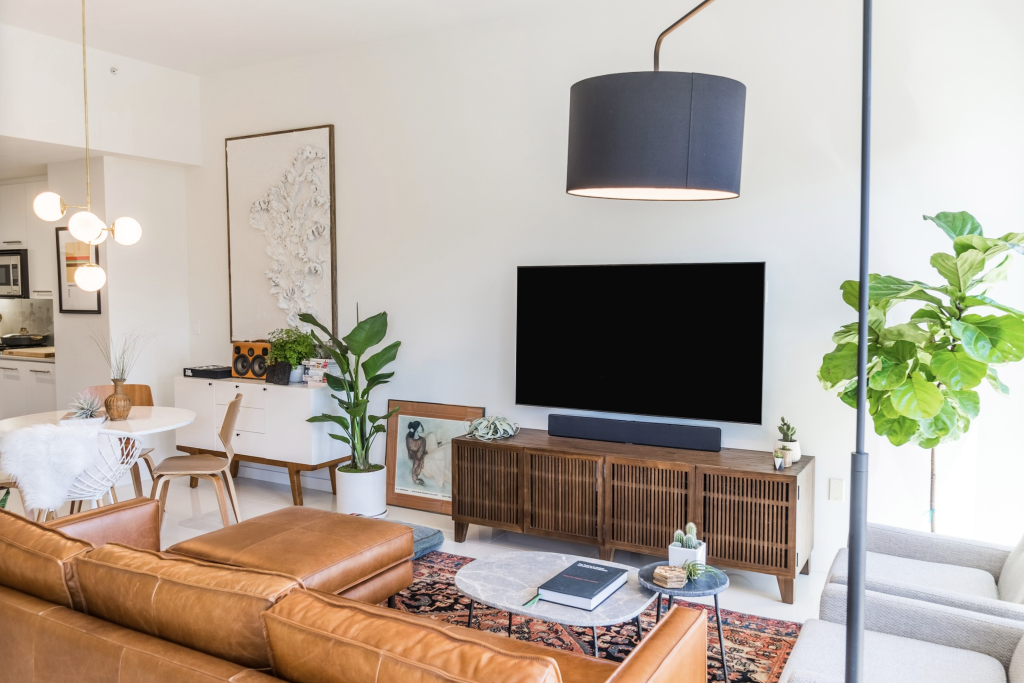Condo owners must review the terms of their mortgage contract and determine what type of insurance coverage they need for their property. How they use the property plays a vital role in how the owner covers it by insurance. For example, if it is a vacation home and the owner won’t live there most of the time, they will need unoccupied dwelling coverage to protect the property from damage and criminal acts. If they rent out the condo, the owner will need to enforce renter’s insurance to mitigate additional risks. A standard and a master condo policy help the owner protect their vacation home fully, and the policies provide funds to fix damage if it happens.
The Master Policy
The master policy provides coverage for exterior spaces within the condo community that are available to residents. This includes clubhouses, swimming pools, exercise rooms, and the structures around the community. It provides coverage for the exterior of each unit, including the exterior walls and roofing. If a covered event happens, it will pay for the replacement of any fixtures that were damaged. All condo owners living in the community must have a master policy. Typically, the condo association secures the policy, and the residents pay specific fees for keeping the coverage for their condo.
It provides assistance for liabilities that happen on the grounds or anywhere in the community that isn’t inside one of the units. For example, if a condo owner, tenant, or their guests are injured while using any fixtures in the communal areas of the condo community, the master policy is applied to these liabilities. It provides coverage for the injured party and offers compensation for any financial losses connected to their injuries. This includes medical costs and may include lost wages if the individual sustains a serious injury. Condo owners who want to learn more about the policies can contact Garrity Insurance now.

The Individual Condo Insurance
The individual condo insurance policy applies to the interior of the condo purchased by the owner. It’s often referred to as the bare walls coverage in that it pays for damage inside the condo. This includes the walls, flooring, and ceilings. Any items that are inside the condo are protected through the insurance coverage, but any items that exceed the coverage amount will require an additional rider to acquire further coverage if the value is higher than average.
The condo owner gets some liability coverage for the unit, too. If a visitor is injured inside the condo, the condo owner can file a claim to cover their medical requirements and prevent a lawsuit. If the owner has a pet, such as a Pitbull, they can get increased coverage if their dog attacks or bites a visitor. The coverage applies according to the breed and weight of the dog. It is helpful for protecting the owner against liabilities related to their pet’s actions. They can add riders to their policy if they have more than two pets and need extra coverage.
Additional Peril Coverage
The location of the condo defines what additional perils the condo owner could face. For example, if the property is close to the ocean, the individual will need coverage for floods and hurricanes. If the condo is an area where earthquakes are possible, such as near fault lines, the owner will need a supplemental policy to protect against these extra risks.
It is also possible to increase coverage for items inside the home based on these additional risks, and the condo owner may consider riders related to floods, hurricanes, or earthquakes. This may prevent them from losing high-valued items if the property is a complete loss. Typically, a rider is provided with an appraisal for each item, and the owner receives the appraised value if the items are lost, stolen, or damaged.
How Does Condo Coverage Differ from Homeowner’s Insurance?
Homeowner’s insurance covers the entire property and some fixtures that are connected to the exterior of the property. The condo insurance covers the interior spaces only. The condo owner would still get coverage for mold or flood remediation if they have a water leak inside the property. Some items, such as appliances, furniture, and electronics, are covered more fully by a homeowner’s insurance policy than a condo policy. For instance, a homeowner’s insurance policy may provide true replacement value, and a condo policy may not.
The homeowner’s insurance policy provides coverage for liabilities, too. However, to use a homeowner’s insurance policy, the property would have to be the property owner’s primary home, and it i would have to be a separate property from a condo community. Condo communities are managed by a condo association, and this may limit insurance options for owners. Since some condos are considered vacation homes, for the most part, they must be covered by a condo policy not a homeowner’s policy.
Does Condo Insurance Include Dues Owed by the Owner?
The dues they pay each year may apply to the master insurance policy, but the fees do not apply to standard condo policies that the owner will need to purchase to supplement their coverage. The separate policy is managed by the condo owner, and they must maintain coverage for as long as they own the condo. Condo owner associations can take action if an owner doesn’t maintain their insurance policies, as this could present a risk to all properties in the condo. If a condo is damaged, the value of the entire community is affected if the owner doesn’t complete repairs properly.
Condo owners examine policies for protecting their condos according to how they use the property. A second or vacation home will require coverage, and they won’t be able to use the same homeowner’s insurance policy for the separate property. With condos, condo insurance including a standard and master policy are necessary to protect adequate coverage for the property. If the property is in a location where extra perils are greater, they will need supplemental policies to cover these perils and protect their investment. Reviewing condo insurance policies shows the condo owners what is covered and how it works to protect their property.



 Bitcoin
Bitcoin  Ethereum
Ethereum  Tether
Tether  XRP
XRP  Solana
Solana  USDC
USDC  TRON
TRON  Lido Staked Ether
Lido Staked Ether  Cardano
Cardano  Avalanche
Avalanche  Toncoin
Toncoin